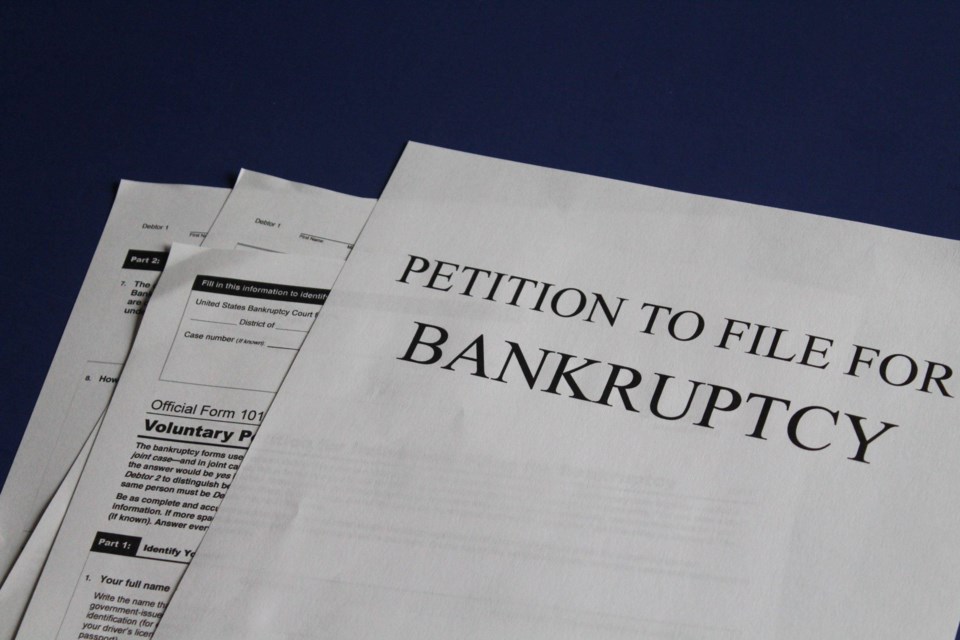In recent years, many businesses and individuals have closed down because of underlying debts. More than 700,000 Americans declared bankruptcy in 2017. And more so in the last half of 2020 because of the pandemic. It is reported that the number of bankruptcies in the latter year has exceeded the number of filings seen in any other year since 2012.
But what is bankruptcy? Will filing for bankruptcy help you in settling your debts? How will it affect your status in the credit community? Will you still be able to make a loan or mortgage despite your record? Here are the things that you need to know about this proceeding.
Bankruptcy Defined
It is a legal process that helps you get relief from your debt by eliminating all or part of it. It calls for you to demonstrate that you are unable to pay and requires a process to liquidate some of your assets to pay off a portion of your debts. In some cases, you can reorganize the company and pay your debts without any work interruption.
The federal courts shall handle the process, and its conduct will be based on the underlying rules outlined by the Bankruptcy Code. There are still more details about bankruptcy that we all need to know and understand.
Forms of Bankruptcy
There are several types of bankruptcy, and each has a salient feature that differs from other forms. They are referred to as 'Chapters' in the Bankruptcy Code. They are Chapter 7, Chapter 11, and Chapter 13.
- Chapter 7 involves the liquidation of assets, and the proceeds are made to pay your creditors. That means you will lose some of your property. However, this will only apply to the liquidation of non-exempt assets. You can still retain some of your possessions, including your primary home, furniture, and tools needed for your trade, which all fall under the exemption.
However, this will negatively affect you because the bankruptcy information will remain in your credit report for ten years. It can affect your credit standing, and you will have difficulty in, say, getting a car loan or mortgage. This kind of bankruptcy is also called straight bankruptcy.
- Chapter 11, on the hand, deals with reorganization within the company. They continue to be operational, but the company has to make adjustments to increase their profits and pay off their creditors. But others find this process expensive and complicated.
Under Chapter 11 bankruptcy, the main point here is the reorganization and not liquidation. It does not interrupt the conduct of their business while working out on the repayment plan. This process is under the supervision of the court.
- Chapter 13 allows you to make a repayment of your debt for a specific period. There will be a repayment plan that will run from three to five years. Once this is settled, your debt will be discharged even if you only repaid a part of it.
Also called the wage earner's plan, this is a better option because it will only stay in your credit report for seven years from the date of filing. Unlike Chapter 7, you are not required to surrender certain properties once the bankruptcy proceeding is initiated.
Getting Bankruptcy Off Your Credit Record
Getting a bankruptcy report removed from your credit report takes a lot of time, depending on the kind of bankruptcy that you filed. Although it will automatically delete, it will take years before it is completely gone, and this spells a certain inconvenience on your part. Your financial situation is still open to any potential creditors and may hurt your chances.
You can challenge any erroneous report on your record. Go over your credit record after your bankruptcy case. This is how to get bankruptcy off credit report early. Any inconsistency or error is an opportunity to remove bankruptcy. It will give you a chance to repair your credit.
If you have been through a bankruptcy case, avoid making the same mistakes. It is hard to go through the same problems again. You are given another chance to pick up the pieces of your life. Review your credit records, work hard to repair your credit, and keep yourself debt-free.
Takeaway
Filing for bankruptcy is usually the last resort of most individuals and businesses to save their finances, but it will also make a dent in your credit standing and cause you to lose more than you gain. Creditors will be wary of you because of your financial history. It will also take some time before you can clear your credit record.
This is a tedious process that will exhaust you and your resources; therefore, it is proper to avoid this situation. It is best that you anticipate any potential challenges that may come your way, manage your income, cut on some unnecessary costs, and make your debt a priority.
This is a tedious process that will exhaust you and your resources; therefore, it is proper to avoid this situation. It is best that you anticipate any potential challenges that may come your way, manage your income, cut on some unnecessary costs, and make your debt a priority.




